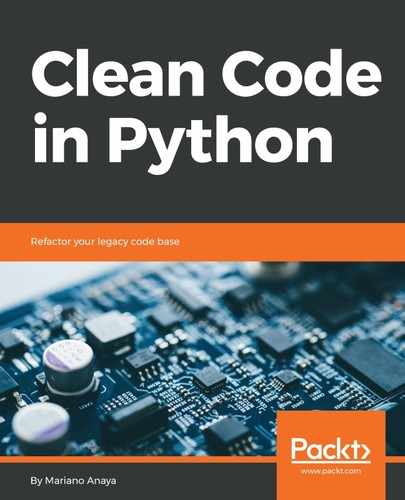The correct way of extending built-in types such as lists, strings, and dictionaries is by means of the collections module.
If you create a class that directly extends dict, for example, you will obtain results that are probably not what you are expecting. The reason for this is that in CPython the methods of the class don't call each other (as they should), so if you override one of them, this will not be reflected by the rest, resulting in unexpected outcomes. For example, you might want to override __getitem__, and then when you iterate the object with a for loop, you will notice that the logic you have put on that method is not applied.
This is all solved by using collections.UserDict, for example, which provides a transparent interface to actual dictionaries, and is more robust.
Let's say we want a list that was originally created from numbers to convert the values to strings, adding a prefix. The first approach might look like it solves the problem, but it is erroneous:
class BadList(list):
def __getitem__(self, index):
value = super().__getitem__(index)
if index % 2 == 0:
prefix = "even"
else:
prefix = "odd"
return f"[{prefix}] {value}"
At first sight, it looks like the object behaves as we want it to. But then, if we try to iterate it (after all, it is a list), we find that we don't get what we wanted:
>>> bl = BadList((0, 1, 2, 3, 4, 5))
>>> bl[0]
'[even] 0'
>>> bl[1]
'[odd] 1'
>>> "".join(bl)
Traceback (most recent call last):
...
TypeError: sequence item 0: expected str instance, int found
The join function will try to iterate (run a for loop over) the list, but expects values of type string. This should work because it is exactly the type of change we made to the list, but apparently when the list is being iterated, our changed version of the __getitem__ is not being called.
This issue is actually an implementation detail of CPython (a C optimization), and in other platforms such as PyPy it doesn't happen (see the differences between PyPy and CPython in the references at the end of this chapter).
Regardless of this, we should write code that is portable and compatible in all implementations, so we will fix it by extending not from list but from UserList:
from collections import UserList
class GoodList(UserList):
def __getitem__(self, index):
value = super().__getitem__(index)
if index % 2 == 0:
prefix = "even"
else:
prefix = "odd"
return f"[{prefix}] {value}"
And now things look much better:
>>> gl = GoodList((0, 1, 2))
>>> gl[0]
'[even] 0'
>>> gl[1]
'[odd] 1'
>>> "; ".join(gl)
'[even] 0; [odd] 1; [even] 2'
